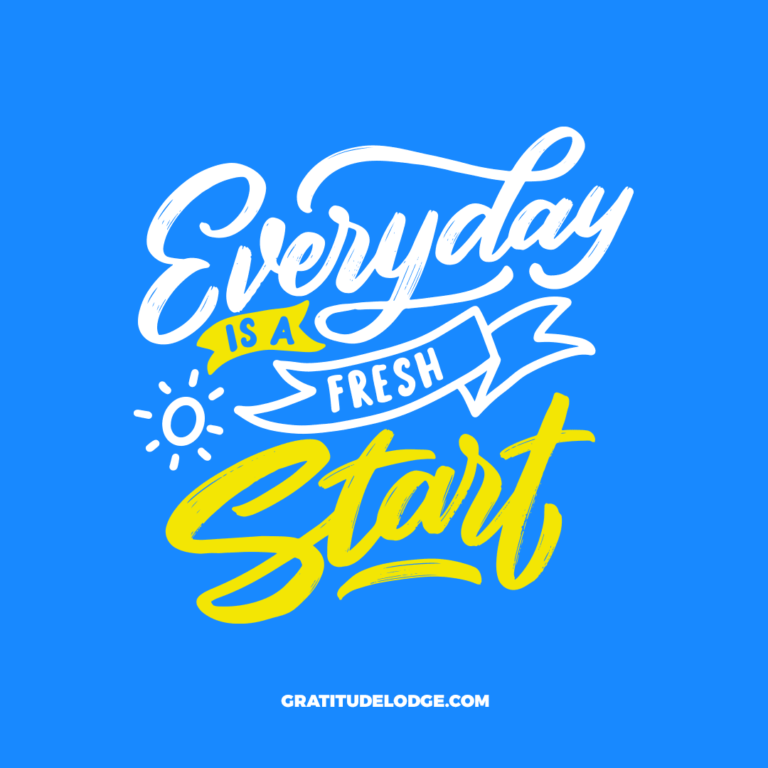Over 35 million people are suffering from drug abuse worldwide, according to a World Drug Report (2019) by the UN. Regardless of a person’s gender, age, or cultural background, substance abuse can affect anyone.
There is no one-size-fits-all for types of addiction treatment. The treatment varies according to the particular substance abused, the victim’s health issues, mental and physical care needed, and many other factors. All persons suffering from an addiction have the same thing in common — help is needed to achieve long-term sobriety.
Understanding the different types of drug addiction recovery programs available can help you choose one suitable for you. Then you will be better able to take that first important step toward recovery.

WHAT ARE THE TYPES OF ADDICTION TREATMENT?
If your substance abuse is negatively affecting or ruining your everyday functions, family relations, employment, and other relationships, then it’s time for you to join a drug recovery program. The goal of every substance abuse program is to break the continuous loop of negative, addictive behavior and help you recover from the damages caused by substance abuse.
The drug abuse recovery treatment that is best for you will differ from that prescribed for someone else; they are tailored to the specific needs and situation of the individual. For some, a short duration outpatient program may work. But, for others, they may need long-term residential rehabilitation.
Some of the factors to consider when determining the optimum substance abuse program for an individual include:
-
- Substance abuse history
-
- Demonstrated response to the ongoing treatment
-
- Persistent drug abuse may need outcome monitoring
-
- Current situation of the individual
-
- Medical condition, past health issues, etc.
TYPES OF ADDICTION TREATMENT AVAILABLE FOR DRUG ABUSE RECOVERY
There are several types of drug addiction treatments, and varying phases can be a part of each one. A trained recovery specialist can help decide which customized treatment regimen is best for you, and the components to include. Many common drug abuse recovery plans or programs will include the following.
OUTPATIENT REHAB OR TREATMENT
Outpatient treatment is at the “least intensive” on the treatment spectrum. It is usually designated for persons with minor substance abuse issues, busy employment responsibilities, as well as a strong network of social support.
In this kind of treatment, while the recovery program is going on, the patient can live at his or her home throughout the recovery process. The patient attends treatment sessions for a certain number of hours at the outpatient treatment facility. This treatment program usually includes:
-
- Drug education sessions
-
- Sober Skills Training
Outpatient treatment can also include:
INTENSIVE OUTPATIENT PROGRAM (IOP)
For the individuals who chose the outpatient treatment and are suffering from co-occurring relapses and mental health issues, the Intensive Outpatient Program is suitable. In this recovery treatment, there is a structured program set for the patient.
The program’s primary objective is the prevention of relapses, and for this, multiple therapies, as well as counseling sessions, are scheduled several times a week. For continued monitoring and accountability, daily drug tests can also be conducted.
PARTIAL HOSPITALIZATION PROGRAM (PHP)
Some patients have medical requirements that need to be taken care of from time to time, and stability needs to be ensured. For such patients, regular outpatient programs will not be of much help. Therefore, weekly hospitalization is scheduled to ensure their medical stability, monitoring, and other treatment.
DETOXIFICATION
Detoxification is the process of removing drugs from the body in order to prepare for sober living habits. This is always best accomplished under medical supervision to alleviate withdrawal symptoms and other drawbacks of acute intoxication.
Withdrawal symptoms are usually experienced by those who have developed physiological dependence on a particular drug or substance. This phase of recovery, often called withdrawal syndrome, can result in anything from slight discomfort to life-threatening issues like seizures.
Detoxification is usually a standard part of beginning any substantial form of substance abuse treatment.
INPATIENT REHAB OR TREATMENT
For those struggling with long-standing addiction, concurring health as well as physical issues or concerns, inpatient drug recovery programs can provide the appropriate level of care. This type of treatment is basically conducted in a residential setting. That’s why it is also called Residential Rehab.
The patient is put into a safe, controlled environment with around-the-clock monitoring, attention, and care. The treatment focuses on discovering the situation or factors that trigger the patient’s addiction and then assisting in recovery by removing or controlling those factors.
In some cases where the individual suffers from severe substance abuse problems, Intensive Inpatient Hospitalization is preferred over any other recovery treatments. 24-hour hospital-based care is also provided to the patient under full medical supervision.
The treatment selected at the inpatient residential facility mainly depends on the needs and conditions of the individual. However, it mainly includes the following treatment services:
-
- Individual counseling
-
- 12-step program facilitation
-
- Constant medical supervision
-
- Health and wellness activities
-
- Recreation and behavioral assistance
-
- Various other amenities
12-STEP PROGRAM
A 12-Step Program is usually preferred to treat alcohol addiction and substance abuse. In this type of therapy, group discussions and meetings are organized by others who have suffered from substance abuse. The purpose is to build an environment of sharing to set up a support community.
This treatment consists of a step-by-step structure in which the participant recognizes that addiction or substance abuse can have significant negative effects on the social, physical, emotional, and spiritual life.
The procedure usually includes:
-
- Acceptance of the issue
-
- Surrendering to a higher power to facilitate progress
-
- Making new transitions through regular group discussions and meetings
For mutual support and discussions, programs like Alcoholic Anonymous and Narcotics Anonymous are organized.
MEDICATION-ASSISTED TREATMENT
On occasion, a combination of behavioral therapies and medication is necessary. Medication-Assisted Treatment patients reduce addictive behavior, conquer physical cravings, improve mental and physical strengths, and acquire other tools for achieving long-term sobriety. In addition, some medications are approved by the FDA and prescribed by a medical professional to help patients deal with specific challenges of recovery.
PREPARING BEFOREHAND: THINGS TO EXPECT FROM A DRUG REHABILITATION PROGRAM
Initially, it can be intimidating to take the first steps toward rehab. Even if you are determined to conquer your addiction, some nervousness is normal when starting rehab. However, having an idea of what to expect can help to ease your mind.
INTAKE INTERVIEW
Your recovery process begins when you first step into the rehab facility. First, your intake interview provides the care team with an understanding of your health condition and addiction. This information is necessary to tailor the treatment to your specific condition and needs.
DETOXIFICATION
This is the first phase of most treatment plans. It is a basic cleansing process to rid your body of harmful drugs and related toxins. This can be challenging, depending on the substances inside your body and your level of dependency on them. Some drugs have only slight effects when coming off them, while certain others require medical therapies to overcome. You can expect to experience some withdrawal symptoms, such as uneasiness, psychological issues, pain, or even physical complications, too.
THERAPY
There are several types of therapies used in every stage of the recovery process. Each has the goal of helping you beat your cravings, prevent relapses, and live a sober life. These therapies often include:
-
- Individual Therapy: In this, you’ll interact with a health professional in one-on-one sessions.
-
- Family Therapy: Educating family and friends has been proven to boost the recovery process.
-
- Group Therapy: Interactions with others in recovery can also provide shared learning.
-
- Medical Therapy: Medically supervised medication therapy is sometimes needed to bolster treatment.
-
- Exercise Therapy: Healthy exercise can help eradicate toxins and bring better health.
AFTER-REHAB PLAN
By learning, monitoring, testing, and reviewing, you and your medical professional will come up with a treatment plan suitable for you. You’ll learn where you stand in your recovery journey, and according to that, your after-rehab plan will be created. This plan will help you transition back to a normal, sober life after addiction treatment.
HOW TO CHOOSE A DRUG RECOVERY PROGRAM?
Here is a list of questions you should consider asking when choosing a rehab center:
-
- Are they licensed?
-
- How is their staff trained?
-
- Which medical services are provided?
-
- What types of treatment and therapies do they provide?
-
- What types of insurance do they accept?
-
- Are they helpful in overcoming relapses?
-
- Do they provide aftercare?
If you have a drug addiction or are suffering from substance abuse, it is always best to seek help. Just the thought of a rehab center may scare you at first, but it’s an experience that can bring a positive change in your life.
Gratitude Lodge can help facilitate your recovery and work with you to build a long-term sober lifestyle that is sustainable and healthy. Get your life back on track — and start today!
Stay connected with Gratitude Lode: Facebook, Instagram, LinkedIn, Twitter, Yelp, YouTube and Gratitude Lodge Detox to Rehab.




























